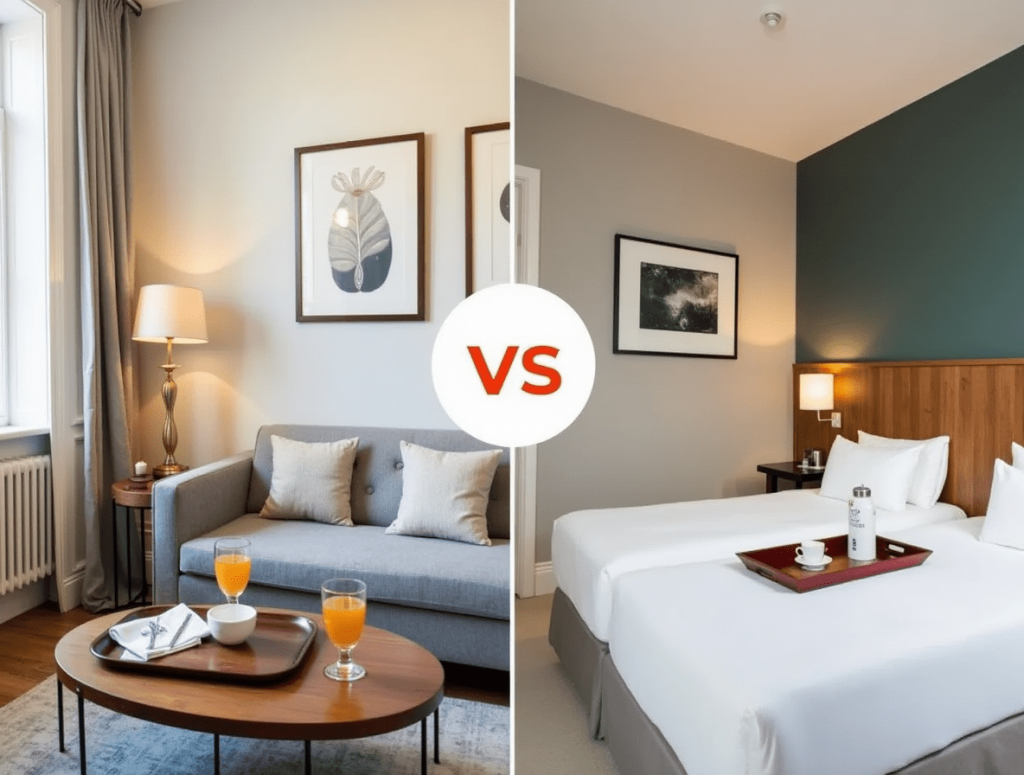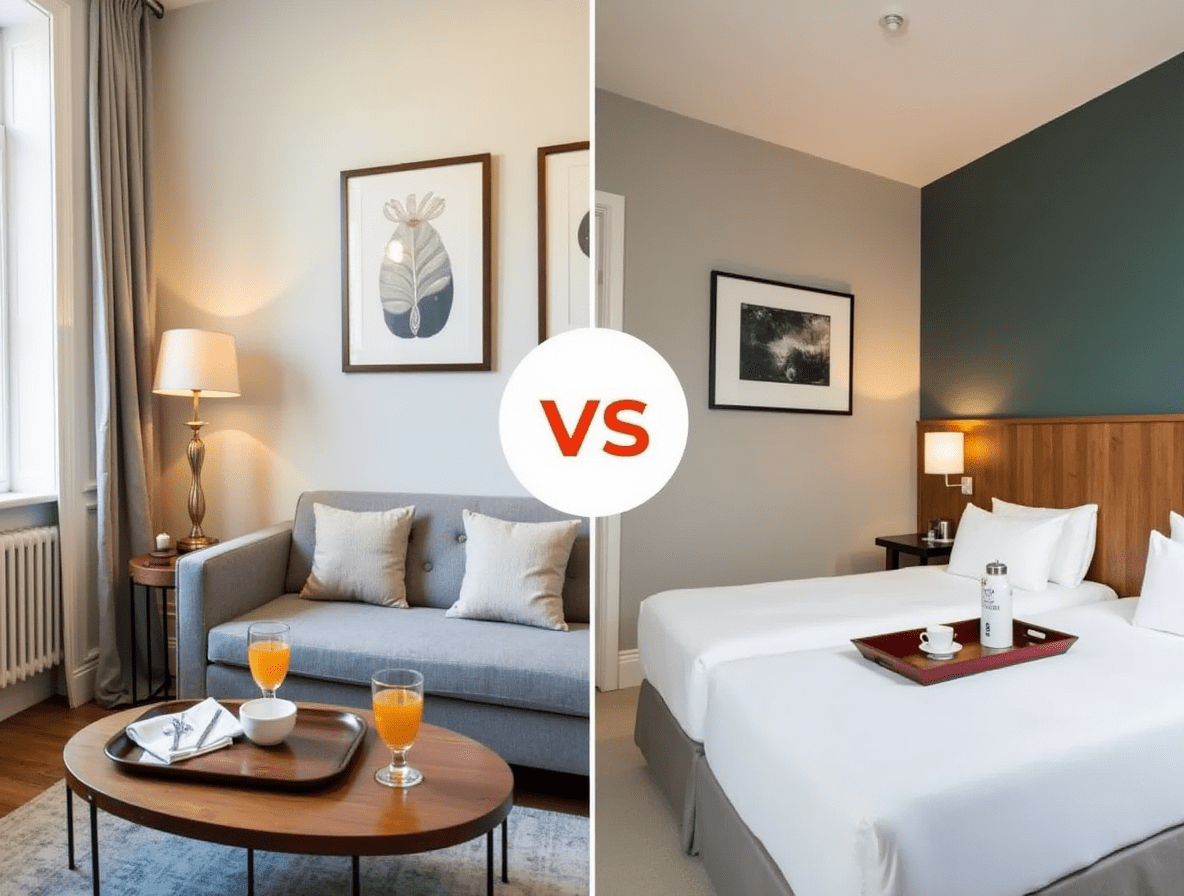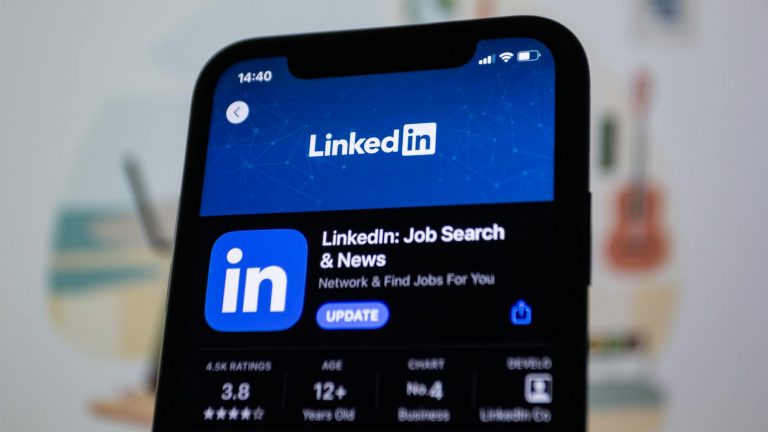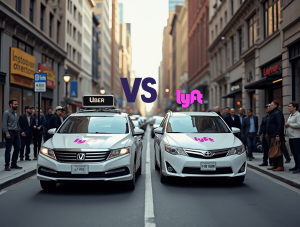
The Accommodation Decision Every Traveler Faces
Did you know that travelers now spend over 30% of their vacation budget on accommodation? Yet according to recent surveys, 62% of travelers feel uncertain about whether to book an Airbnb or hotel for their trips. This decision impacts not just your wallet, but your entire travel experience.
The accommodation landscape has evolved dramatically since Airbnb disrupted the travel industry in 2008. Today, both options offer distinct advantages and potential drawbacks that can make or break your vacation. This comprehensive guide breaks down how Airbnb and hotels compare in 2025, helping you make the right choice for your next trip.
Understanding Your Accommodation Options
What’s the Real Difference Between Airbnb and Hotels?
Before diving into the comparison, let’s clarify what sets these options apart:
Hotels:
- Professionally managed properties with standardized services
- Dedicated staff available 24/7
- Consistent brand experience across locations
- Regulated by hospitality industry standards
Airbnb:
- Individual properties managed by hosts
- Personalized spaces with unique characteristics
- Direct communication with property owners
- Regulated primarily through platform policies and local rental laws
Airbnb vs Hotels: The Complete Comparison
Cost and Value Analysis
Hotels:
- Average nightly rate: $150-$350 in major cities
- Consistent pricing year-round with seasonal adjustments
- Additional fees: resort fees, parking, Wi-Fi (sometimes)
- Hidden costs: 12-15% in taxes and fees typically added at checkout
Airbnb:
- Average nightly rate: $100-$250 for comparable accommodations
- Dynamic pricing based on demand and seasonality
- Additional fees: cleaning fees ($50-150), service fees (14-16%)
- Hidden costs: Some hosts add extra charges for additional guests
Cost Breakdown Example: A 5-night stay in Chicago for 2 people:
- Mid-range hotel: $189/night × 5 = $945 + $142 (taxes/fees) = $1,087
- Comparable Airbnb: $139/night × 5 = $695 + $100 (cleaning) + $111 (service fee) = $906
Analysis: Airbnb typically offers 15-30% savings compared to equivalent hotel accommodations, especially for stays longer than 3 nights when the cleaning fee is distributed across more days. However, hotels offer more pricing transparency upfront, with fewer surprise charges at checkout.
Space and Amenities
Hotels:
- Average room size: 330 sq ft (standard room)
- Standardized amenities: daily housekeeping, toiletries, room service
- Shared facilities: pool, gym, restaurant, business center
- Limited kitchen access (mini-fridge at most in standard rooms)
Airbnb:
- Average space: 800+ sq ft (entire place rentals)
- Variable amenities: full kitchen, laundry, outdoor spaces
- Private facilities: no sharing with other guests
- Self-service experience with limited or no housekeeping
Analysis: Airbnb properties offer approximately 2-3 times more space per dollar spent compared to hotel rooms. This space advantage becomes even more significant for family travel or longer stays, where kitchen access and separate bedrooms provide substantial value. Hotels excel in on-demand services and daily maintenance that Airbnbs typically don’t offer.
Location Options and Availability
Hotels:
- Concentrated in business districts, tourist areas, and near transportation hubs
- Available in virtually every city worldwide
- Consistent availability year-round
- Limited options in residential neighborhoods
Airbnb:
- Available in residential areas, suburbs, and unique locations
- Present in 100,000+ cities and towns worldwide
- Seasonal availability fluctuations in some markets
- Often the only accommodation option in non-tourist areas
Analysis: Hotels offer superior reliability in major destinations but limited options beyond tourist centers. Airbnb provides access to neighborhoods where hotels simply don’t exist, allowing travelers to experience destinations more like locals. However, Airbnb availability can be limited during peak seasons in popular destinations.
Booking Experience and Flexibility
Hotels:
- Instant confirmation booking
- Flexible cancellation policies (often free up to 24-48 hours before)
- Standardized check-in process available 24/7
- Ability to modify reservations easily
Airbnb:
- Host approval required for many properties
- Varied cancellation policies set by hosts (strict to flexible)
- Coordination required for check-in
- Less flexibility for last-minute changes
Analysis: Hotels provide a more streamlined booking experience with greater flexibility, particularly valuable for business travelers or those with uncertain plans. Airbnb’s booking process introduces more variables but often results in more personalized accommodations that better match specific needs.
Safety and Security Considerations
Hotels:
- On-site security personnel and systems
- Fire safety compliance and emergency protocols
- Standardized locks and access control
- Staff vetted through formal employment processes
Airbnb:
- Variable security features between properties
- Host verification and review systems
- Smart locks and security cameras in some properties
- Safety compliance varies by location
Analysis: Hotels maintain a clear advantage in standardized security measures and staff availability during emergencies. While Airbnb has improved safety measures significantly since 2020, including their $1 million host protection insurance and neighborhood safety scores, the experience still varies considerably between properties.
Privacy and Experience Quality
Hotels:
- Anonymous, standardized experience
- Professional boundary between staff and guests
- Consistent noise policies and enforcement
- Reliable but impersonal service
Airbnb:
- Personalized, unique experiences
- Direct relationship with property owner
- Variable noise conditions depending on location
- Inconsistent but potentially more authentic experience
Analysis: The privacy and experience equation varies significantly based on traveler preferences. Hotels offer reliability and professional service boundaries, while Airbnbs provide unique experiences that can range from exceptional personal touches to occasional disappointments when properties don’t match expectations.
Special Considerations for Different Travelers
Family Travel Comparison
Hotels:
- Limited space in standard rooms
- Added cost for connecting or multiple rooms
- Kid-friendly amenities in some properties (pools, kids clubs)
- Dining options available but costly for multiple meals
Airbnb:
- Multiple bedrooms under one reservation
- Common spaces for family gathering
- Often includes kid-friendly items (high chairs, cribs)
- Kitchen access reduces meal costs
Analysis: Families typically save 40-60% when choosing Airbnb over hotels requiring multiple rooms, with the added benefit of common spaces for family time. The kitchen access alone saves an average family of four approximately $75-100 per day on meals.
Business Travel Considerations
Hotels:
- Business services (printing, meeting spaces)
- Consistent Wi-Fi quality
- Loyalty programs with meaningful benefits
- Expense reporting compatibility
Airbnb:
- Workspace availability varies by property
- Longer-stay discounts (weekly, monthly)
- Airbnb for Work program with business amenities filter
- Less standardized expense processes
Analysis: Hotels maintain an advantage for short business trips where predictability and services matter most. However, for extended business stays (7+ days), Airbnb offers significant cost savings (25-40%) and more comfortable living arrangements that many business travelers now prefer.
Accessibility Needs
Hotels:
- ADA compliance in U.S. properties
- Staff trained to assist guests with disabilities
- Standardized accessible rooms with specific features
- Elevator access in multi-floor properties
Airbnb:
- Accessibility filters but limited verification
- Varying levels of accessibility between properties
- Few properties with comprehensive accessibility features
- Potential for ground-floor options without stairs
Analysis: Travelers with mobility or accessibility requirements generally find hotels more reliable and compliant with accessibility standards. While Airbnb has improved its accessibility filters, the platform still lacks comprehensive verification of accessibility features claimed by hosts.
Making Your Choice: Hotels or Airbnb?
Choose Hotels When:
- You value consistency and predictability
- Your stay is short (1-2 nights)
- You need specific services or amenities on-demand
- You’re traveling for business with expense account
- Location near tourist attractions or convention centers is priority
- You have loyalty program status with hotel chains
Choose Airbnb When:
- You’re staying 3+ nights in one location
- You’re traveling with family or groups
- Kitchen access and living space are important
- You want to experience residential neighborhoods
- Budget efficiency is a primary concern
- You prefer unique, personalized accommodations
The Hybrid Approach: When to Mix Both Options
Many experienced travelers now take a hybrid approach, using hotels and Airbnbs strategically throughout their journeys:
- Hotels for: Short city breaks, business trips, and transit points
- Airbnbs for: Longer stays, family gatherings, and immersive local experiences
A week-long European vacation might include airport-adjacent hotel stays at the beginning and end, with an Airbnb in the middle for experiencing local culture—combining the best of both worlds.
Frequently Asked Questions
Are Airbnbs actually cheaper than hotels when all fees are considered?
When accounting for all fees, Airbnbs average 15-30% less expensive than comparable hotel accommodations for stays of 3+ nights. The savings increase with longer stays and larger travel groups. However, for 1-2 night stays, hotels often become more economical due to Airbnb’s cleaning fees.
Which option is safer for solo female travelers?
Hotels generally offer more standardized security features beneficial for solo travelers, including staffed front desks and internal room access. However, many solo female travelers prefer Airbnbs in well-reviewed, residential areas where they can “blend in” rather than being identified as tourists.
Can I expect consistent Wi-Fi quality with Airbnb?
Wi-Fi quality varies significantly between Airbnb properties. While 92% of listings advertise Wi-Fi, speed and reliability are inconsistent. Business travelers and remote workers should check reviews specifically mentioning internet quality or message hosts to request speed test results before booking.
Do hotels or Airbnbs have better cancellation policies?
Hotels typically offer more flexible cancellation policies, with many allowing free cancellation up to 24-48 hours before check-in. Airbnb cancellation policies vary by host, ranging from extremely strict (non-refundable) to flexible (full refund up to 24 hours before). Always check the specific policy before booking either option.
Which accommodation type is better for experiencing local culture?
Airbnbs typically provide more authentic local experiences, often located in residential neighborhoods with host recommendations for non-tourist establishments. Hotels offer convenience and consistency but generally create more distance between travelers and local community life.














